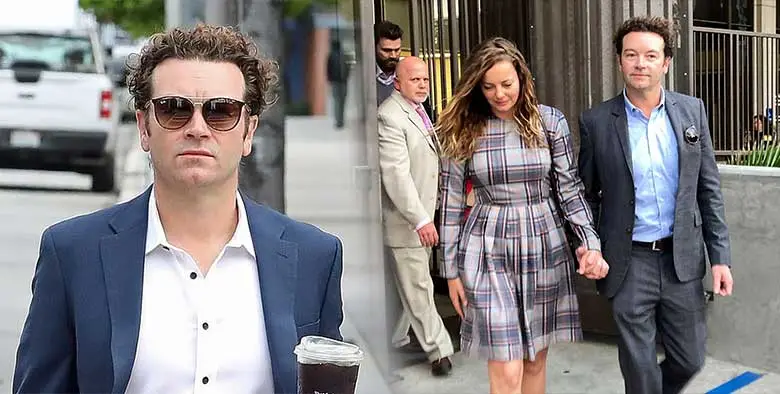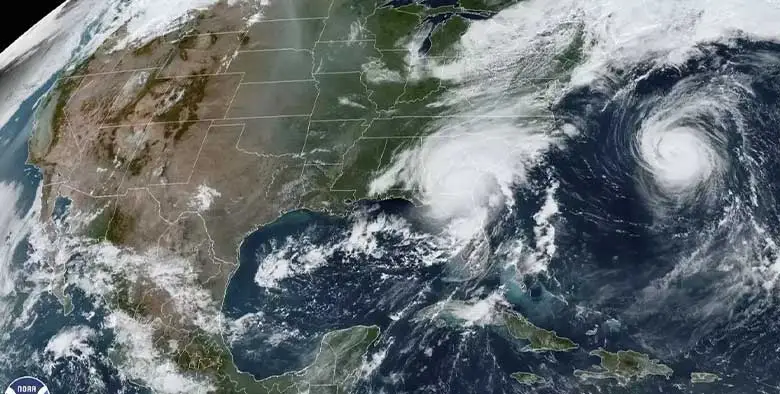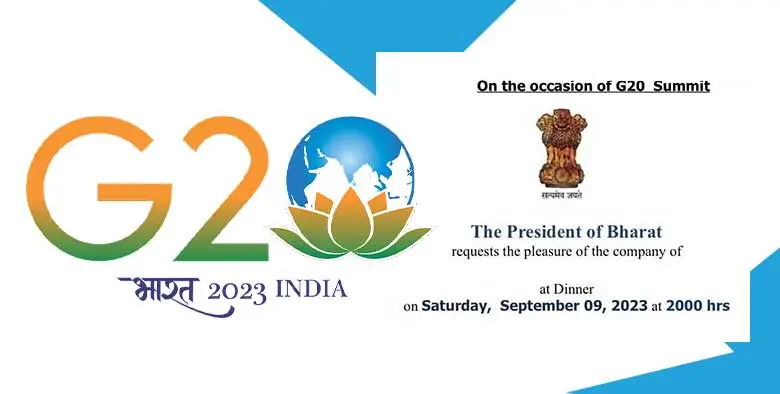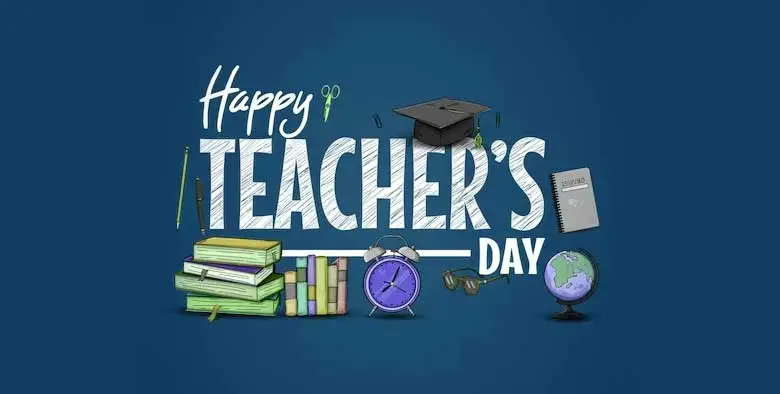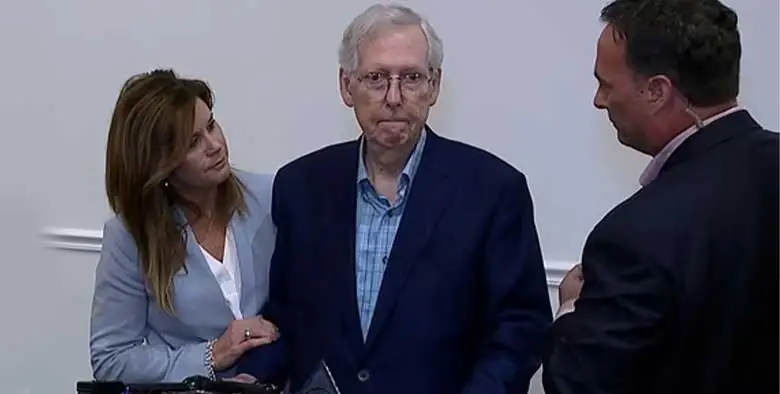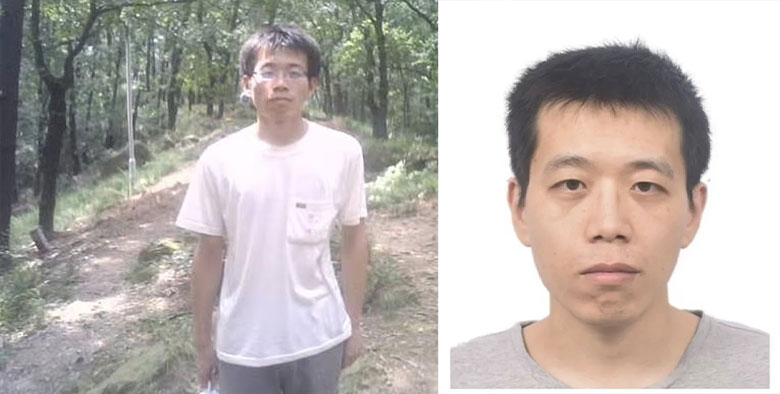Different Types of Tenses
Tenses are one of those topics that are essential for children’s learning. It’s essential that parents/teachers teach children about tenses and their different types. Knowing about tenses helps children identify the time when the action occurred. But before knowing the different types of tenses, it’s important that students understand what tenses are.
A tense is a grammatical concept that helps one to understand the time reference of any action/event, i.e. whether an event has occurred in the past or present or future. Depending on the time of the event/action, tenses can be further divided into four subcategories, i.e. Simple Tense, Perfect Tense, Continuous Tense and Perfect Continuous Tense. So what are you waiting for? Let’s go through all these four types of tenses.
Types of Tenses
As we all know that tenses are divided into three major categories, depending on the time of action, i.e. Present Tense, Past Tense and Future Tense. But do you know that these three tenses are further subdivided into four categories: Simple Tense, Perfect Tense, Continuous Tense and Perfect Continuous Tense.
Simple Tense
Simple tenses are divided into sub categorised into three types, i.e. Simple Present Tense, Simple Past Tense and Simple Future Tense, depending upon the time of action/event.
Tense that talks about events/actions that are going to happen in the future are known as Simple Future Tense. For example, “It will be snowing from tonight.”
Tenses that are used to indicate an action completed in the past and often occur with adverbs or adverb phrases of the past are known as Simple Past Tense. For example, “The cruise sailed yesterday.”
Tenses that are used to express habitual actions, general truths, or even introduce quotations are known as Simple Present Tense. For example, “The Earth revolves around the Sun.”
Perfect Tense
Perfect tenses are divided into sub categorised into three types, i.e. Present Perfect Tense, Past Perfect Tense and Future Perfect Tense, depending upon the time of action/event.
Tenses that indicate completed activities in the immediate past or express past actions whose time isn’t given and isn’t definite are known as Present Perfect Tense. For example, “My father has just gone out.”
Tenses that are used to describe an action or event completed before a specific time/moment in the past are known as Past Perfect Tense. For example, “Mother had done her work when grandpa came to visit us.”
Tenses that are used to talk about actions/events that will be completed by a certain time in future are known as Future Perfect Tense. For example, “Emily shall have written the article by then.”
Perfect Continuous Tense
The Future Perfect Continuous Tense is used for an action/event which will be in progress over a period of time that will end in the future. For example, “By next July, Lawrence shall have been living in Canada for four years.”
The Past Perfect Continuous Tense is used for an action that began before a certain/particular point in the past and continued up to that time. For example, “At that time, Mr Wordsworth had been writing a book for three months.”
The tense that is used to refer to an action which began sometime in the past and is continuing is known as Present Perfect Continuous Tense. For example, “The man has been working for three hours.”
Continuous Tense
Continuous or Progressive tenses are divided into three types, i.e. Present Continuous or Progressive Tense, Past Continuous or Progressive Tense and Future Continuous or Progressive Tense.
Tenses that are used to describe an action/event going on or in progress at the time of speaking are known as Present Continuous Tense. For example, “The young lady is singing.”
Tenses that are used to describe an action/event going on at some point in the past where the time of action may or may not be given are known as Past Continuous/Progressive Tense. For example, “Ira was practising the violin all day.”
Tenses that are used to talk about actions/events that will be in progress at a time in the future are known as Future Continuous/Progressive Tense. For example, “Imam will be staying here till next week.”


